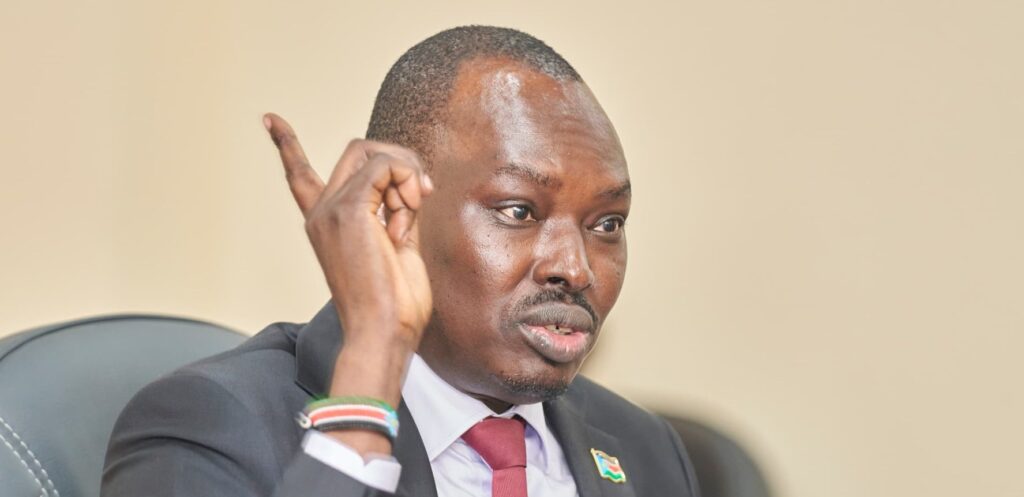Grau Named Chile's New Finance Minister Following Marcel's Shock Resignation

Grau Takes the Helm as Chile Navigates Economic Shifts
Chilean President Gabriel Boric has appointed close ally Máximo Grau as the nation's new Finance Minister, following the unexpected resignation of Mario Marcel. Marcel, a respected figure known for his pragmatic approach and role in stabilizing Chile's economy, stepped down on Thursday as part of a broader cabinet reshuffle. The announcement, made during a ceremony at the presidential palace in Santiago, marks a significant shift in Boric's economic team.
Marcel's departure came as a surprise to many, particularly given his reputation for maintaining fiscal discipline and navigating complex economic challenges. His tenure saw Chile grappling with inflation, slowing global growth, and social unrest – factors that undoubtedly contributed to the pressure for change within the government. While the specific reasons for Marcel's resignation remain somewhat opaque, it's clear that Boric is seeking a new direction for his economic policies.
Who is Máximo Grau?
Máximo Grau is a well-known economist and a trusted advisor to President Boric. He previously served as the head of the central bank's research division and has a strong track record in economic analysis and forecasting. Grau is regarded as a progressive thinker with a focus on social justice and inclusive growth. His appointment signals a potential shift towards a more interventionist economic policy, with a greater emphasis on addressing inequality and promoting social welfare.
What Does This Mean for Chile's Economy?
The change in leadership at the Finance Ministry comes at a crucial time for Chile. The country is facing a number of economic headwinds, including persistent inflation, rising interest rates, and a slowdown in global demand. Grau's challenge will be to maintain economic stability while also pursuing Boric's ambitious social agenda.
Analysts are divided on the potential impact of Grau's appointment. Some believe his progressive credentials and close ties to the president could lead to increased government spending and potentially higher deficits. Others argue that his expertise in economic analysis will ensure that any policy changes are carefully considered and well-executed. The markets will be watching closely to see how Grau navigates these challenges and whether he can maintain investor confidence.
Looking Ahead
The cabinet reshuffle, with Grau's appointment at its core, suggests that President Boric is determined to reinvigorate his administration and address the concerns of Chilean citizens. The coming months will be critical as Grau settles into his new role and begins to shape Chile's economic future. The success of his tenure will depend on his ability to balance fiscal responsibility with the need for social and economic reforms, all while navigating a complex and uncertain global landscape.





